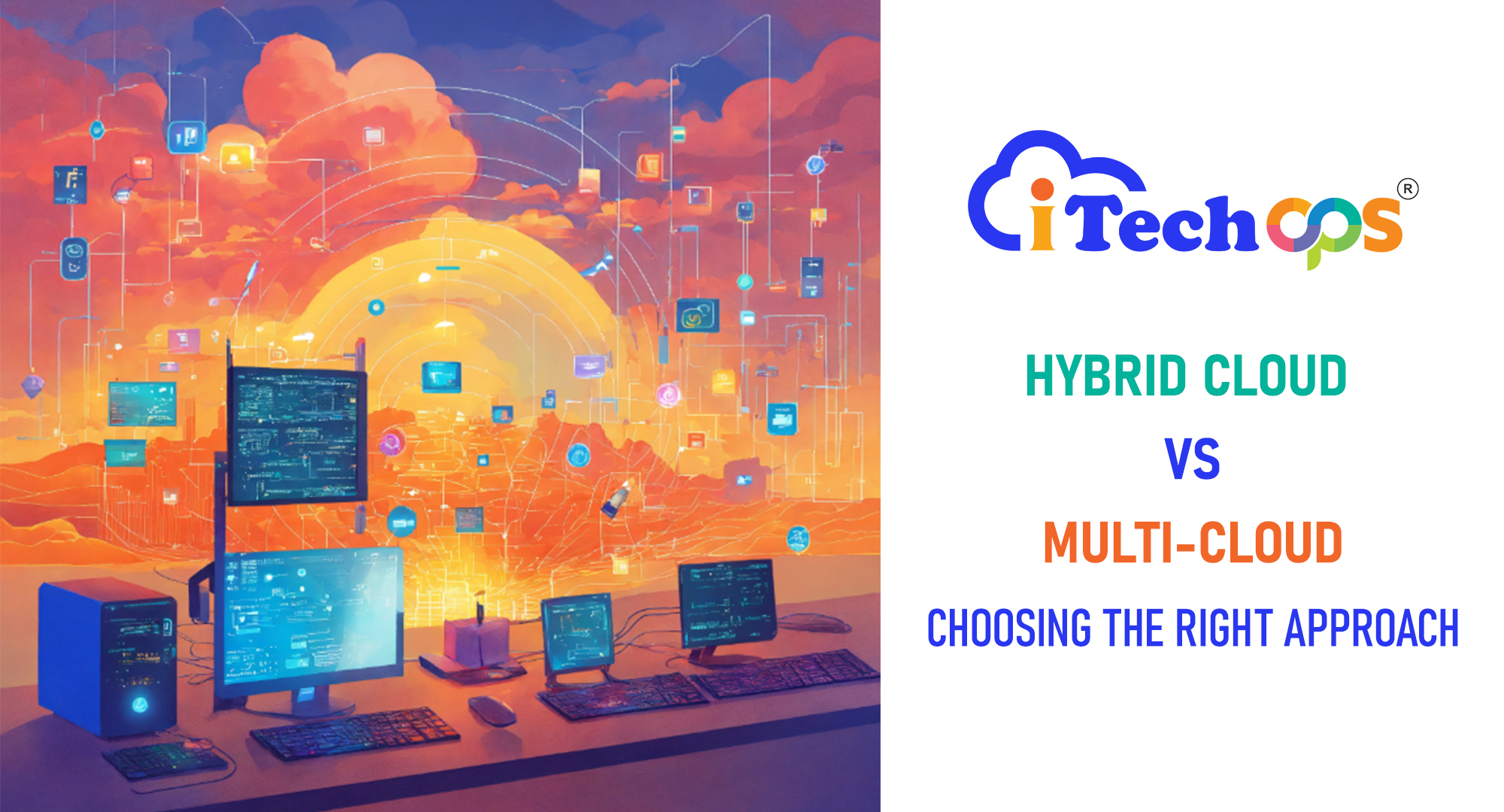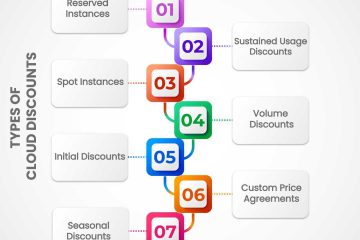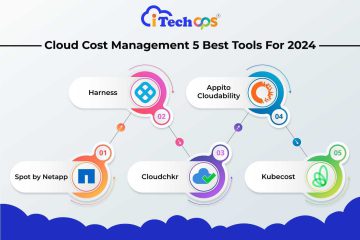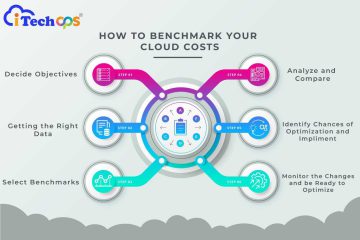Hybrid Cloud vs. Multi-Cloud: Choosing the Right Approach

The arrival of cloud storage has revolutionized the way businesses work. Cloud has given them the luxury to invest their time and resources in building technology rather than maintaining the infrastructure. Such a change has led to innovative echo in startups and small businesses. You might not know about cloud computing if you have searched for this article. Or you might be confused about which one to choose, hybrid cloud or multi-cloud.
Don’t worry; we are here to make everything clear for you. We will talk about hybrid cloud and multi-cloud, how they will help you in your business, etc. By the end of this article, you can choose your business.
What is Hybrid Cloud Computing?
Hybridcloud is a scalable, cloud-based backend service for storing and retrieving resources such as files, cached data, etc. It serves as a platform for running virtualized, bare metal, and containerized workloads across private, on-premises zones, and public clouds.
When required, hybrid-cloud infrastructure can be hybrid-scaled or hybrid-converged. It can treat networking, storage, and computing resources as building pieces that can be combined in various ways. Scalable cloud computing connected to a network is what hybrid-scale computing entails.
The benefits of using Hybrid cloud are:
● You can deploy it in a private IT environment. Doing so gives you extra command over its configuration. Especially when you hold a vast business, adopting a cloud will save you from expenses.
● You can use a combination of a private cloud environment and a public cloud. It will help you ensure required redundancy and reduce the threat of outrages.
● The public cloud will help your organization get scalable services, while the private cloud will help you host the systems you want to keep secure.
What is Multi-Cloud?
Multi-cloud service management is an approach for deploying a solution that gives the advantage of cloud computing capabilities from multiple cloud providers. Operating your software on multi-clouds saves you money.
A multi-cloud solution is transferable across the cloud infrastructures of multiple cloud providers. It may consist of a mix of public, private, data centers, and edge. Open-source, cloud-native technologies like Kubernetes are commonly used to build multi-cloud systems.
Benefits of using multi-cloud computing:
● Because your software and applications run on multiple clouds, it gives you space for risk management.
● Multi-cloud consists of more than one service provider. Thus, you do not need to rely on one provider and avoid lock-in cases.
● It ensures compliance with regulatory requirements.
Some businesses may employ hybrid and multi-cloud systems, including a private cloud and various public clouds. Yet, a hybrid cloud is only used if a company uses one public cloud service and a private cloud. The main distinction is that multi-cloud service management includes multiple public clouds.
Choosing the right cloud option for your business
Both cloud computing comes with its pros and cons. Therefore, it becomes tough for a business to choose between hybridcloud and multi-cloud. But if you choose the right option, you can save costs, increase productivity, and streamline operations.
Type of Cloud Service
The type of cloud service depends on the needs of your organization. If you own a small business or startup, the requirement is flexibility and scalability of service. There, you need to go for the public cloud. If you own a wide business, you will need more control and security of data. Thus, a mix of private and public clouds will work best.
Technology and Service Roadmap
A competent cloud service provider should have a technology and service roadmap. Selecting a provider that is always evolving and updating its technology and services is critical to match the market’s ever-changing demands. Businesses can be confident that their cloud technology investment will stay relevant if the provider offers a clear roadmap for future technologies and services.
Safety and Reliability
Data is the essence that drives a business. Safety of all kinds of information and data is an utter need. Thus, when choosing a cloud option, you must consider the safety and reliability factors. The provider must have a robust security posture to save data from unauthorized access. Dependable Service Level Agreements (SLAs) will help you avoid cyber threats and data breaches and enhance performance.
Cost, compliance, and service features are other important factors to consider.
Conclusion
Knowing what hybrid-cloud and multi-cloud are exactly will help you decide halfway. You can make the right decision using the tips in the article. Always remember to evaluate all the factors carefully and take into account the record track of the service provider before investing.



0 Comments